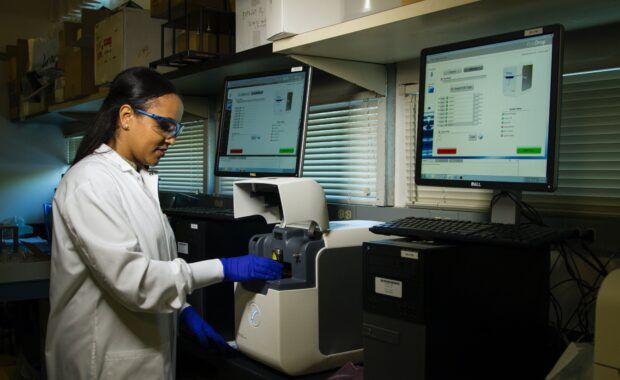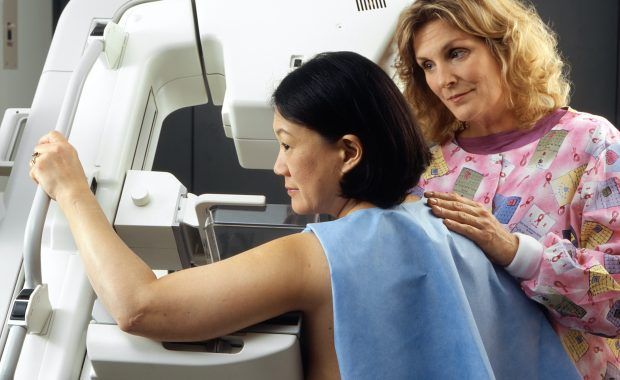Need for a specific EU health programme in the next long-term EU budget Improving access to treatment for cancer patients across Europe Reducing financial discrimination for cancer survivors In 2024, 2.7 million people were diagnosed with cancer in the EU and 1.27 million died from the disease. MEPs want the EU to renew its political […]
Read MoreThe Road to Green 23: How the EU is tackling the challenge of ‘forever chemicals’
Are PFAS the most worrying pollutants of our time, and can we rid ourselves of them? Invisible but ubiquitous, PFAS (perfluoroalkyl and polyfluoroalkyl substances) are found in everything from non-stick pans to smartphones. While these chemicals are essential to modern industry, their “eternal” nature means that they accumulate in our environment and in our bodies, […]
Read MoreThe mystery of why diseases do not affect men and women in the same way
It is no secret that men and women face unique health challenges because of their genes. But to truly understand and address these challenges, are we relying too much on genetic factors that affect diseases, symptoms and health outcomes? Beyond genetics and medical factors, what role do other factors play in the evolution of our […]
Read MoreCommission invests in innovative products against respiratory viruses
The European Commission, with the support of the European Investment Bank, will provide €20 million for the development of nasal sprays designed to protect against respiratory viruses. To this end, the Commission, through its Health Emergency Response and Preparedness Authority (HERA), has signed an investment agreement with Dutch biotech company Leyden Labs. Nasal sprays deliver […]
Read MoreEuropean Week Against Cancer: providing patients with high-quality healthcare
Each and every EU citizen deserves the very best in cancer care. As it is marked the European Week Against Cancer (25-31 May), the European Commission reaffirms its commitment to achieve a European health union that delivers high-quality healthcare for all. Already through its Europe’s Beating Cancer Plan, the Commission has provided support to millions of people […]
Read MoreCould we live without pain?
“There are people who live without pain,” says Treede, a neurophysiologist at the University of Heidelberg. “They have been known to exist for centuries. Insensitivity to pain, known as analgesia, is thought to be caused by a group of rare genetic diseases. However, being immune to pain does not mean being immune to injury. For […]
Read MoreBone metastasis from melanoma, new hopes
New research offers hope for better treatment of bone metastases in people with melanoma. A new study has revealed the main mechanism that causes osteocyte death in bone metastasis in melanoma, one of the most malignant types of skin cancer. This research, supported in part by the EU-funded projects ODE and 4-D nanoSCOPE, provides a […]
Read MoreArtificial intelligence to prevent future pandemics
AI advances could tackle future disease outbreaks, says international study. The COVID-19 crisis may already be a few years behind us. But questions inevitably arise if we’re adequately prepared for a future pandemic. AI is radically changing the way we live and work. It’s also poised to change research in infectious diseases. Can AI also […]
Read MoreWorld Cancer Day: Commission publishes Country Cancer
The Commission has published the latest Country Cancer Profiles for all Member States, Norway and Iceland. The 2025 reports show that cancer survival rates are increasing across the EU. At the same time, cancer continues to be a public health concern, and cancer inequalities still persist across Member States. The profiles also demonstrate how cancer […]
Read More








